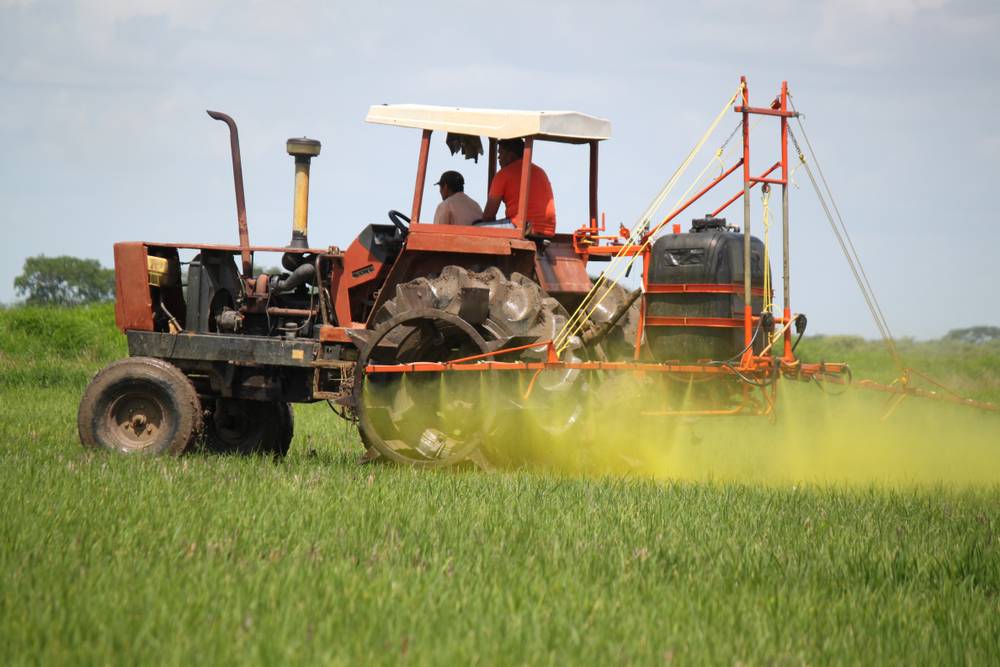Objectives of the Scheme
The primary objectives of the AgroProcessing Cluster Scheme are given
below:
- To build modern infrastructure for setting up food processing units
closer to production areas.
- To provide complete preservation infrastructure facilities from the
farm gate to the consumer.
- To create backward and forward linkages by linking groups of
farmers or producers to the markets through the well-equipped supply
chain.
Salient Features of the Scheme
The salient features of the Agro-processing cluster scheme are as
follows:
- The food processing units will be set up with an aggregate
investment of minimum Rs. 25 crores in the Agro-processing cluster. These
units will be set up by the promoters, associates of Project Execution
Agency (PEA) and by entrepreneurs.
- The modern infrastructure facilities will be developed in the
agro-processing cluster for setting up food processing units. This
infrastructure facilities developed in the agro-cluster will be as per the
requirement of processing units to be set up in the cluster.
- Agro-processing clusters will be developed by:
- The promoters who are willing to develop common infrastructure in
the existing food processing cluster.
- The promoters who are willing to set up their processing units in
the cluster and also allow for the utilization of common infrastructure
to other units.
- The preference will be given for setting up agro-processing
clusters in the areas of horticulture or agriculture production identified
by Central or State Government.
- The food processing units set up in each Agro-processing cluster
should generate employment opportunities for about 500 to 1500 persons.
- The land required for establishing the agro-processing cluster
would depend upon the business plan of the Project Execution Agency (PEA),
which varies from project to project. The minimum of 10 acres of land for
the project has to be arranged by the PEA either by purchase or on the
lease of at least 50 years.
Components of the Scheme
The scheme will have the following two components are:
Basic enabling infrastructure
The basic enabling infrastructure includes site development such as the
development of industrial plots, boundary wall, roads, drainage, water supply,
electricity supply including power backup, effluent treatment plant, parking
bay, weighbridges, common office space etc. However, the cost of basic enabling
infrastructure will not be more than 40 % of the eligible project cost.
Core infrastructure
The core infrastructure contains common facilities based on the needs of
the units, which will be set up in agro clusters. The common facilities of
capital intensive include sorting and packing facilities, food testing
laboratory, cleaning, grading, cold storage, steam generation boilers, dry
warehouse, pre-cooling chambers, ripening chambers, IQF, specialized packaging,
other common processing facilities, etc.
Pattern of Assistance
- The assistance of 35% of the eligible project cost will be provided
to the general areas.
- The assistance of 50% of the eligible project cost not exceeding
Rs.10 crores will be provided to the North Eastern States including Sikkim
and Difficult areas including Himalayan States (Himachal Pradesh, Jammu
and Kashmir and Uttarakhand), State Notified ITDP areas and Islands.
Note: The eligible project cost will exclude the land cost,
pre-operative expenses and margin money for working capital from the total
project cost.
Eligible Organizations
The below following are the Project Execution Agency (PEA) eligible for
financial assistance under the scheme.
- Public and Private Companies
- Limited
liability Partnerships
- Corporate entity
- Proprietorship
firms
- Partnership
firms
- Joint Ventures
- Central and State Public Sector Undertakings
- Farmer Producer Organizations (FPOs)
- Non Governmental Organizations (NGOs)
- Cooperatives
- Self-Help
Groups (SHGs)
Other Conditions
- The net worth of the PEA should not be less than 1.5 times the
grant amount.
- The PEA should provide 20% of the total project cost as equity in
general areas, and for the North East States, 10% of the total project
cost to be provided.
- PEA should obtain term loan from the Bank or Financial Institution
for an amount of less than 20% of the project cost.
- Any applicant who has availed financial assistance for a project
under this scheme will not be eligible to apply for another project under
the same scheme until one year after commencement of the earlier project.
- The Agro-processing cluster will be sanctioned in the same district
where the Central Processing Centre (CPC) of Mega Food Park (MFP) is
situated. The promoters, who have been sanctioned for Mega Food Parks,
will be eligible under the scheme after completion of the MFP.
Documents Required
The following documents are to be furnished at the time of applying for
the scheme.
- Chartered Accountant certificate for actual expenditure on each of
the components of the project duly certified by the PEA has to be
enclosed.
- Statutory Clearances / Approvals for power, water connections,
etc., from the Pollution Control Board, has to be submitted.
- Item wise and cost wise details of Technical civil works duly
certified by authorised Civil Engineer have to be enclosed.
- Item wise and cost wise details of Plant and Machinery duly
certified by authorised Mechanical Engineer have to be enclosed
- Statement of TRA from the Bank or Financial Institution relating to
the project.
- Proof of setting up food processing units along with copies of
licenses issued under the Food Safety and Standards Act has to be
enclosed.
- Certificate from the concerned bank or financial institution which
has sanctioned 100% term loan for the project has to be submitted.
- Declaration of project completion and the start of commercial
operation, duly certified by the bank.

